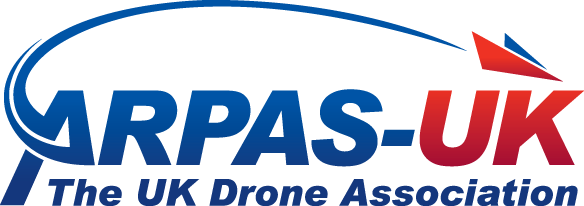ARPAS-UK is sharing this information to its members. The survey is primarily targeting EASA-land UAS operators, but UK operators can contribute, especially as the UK will adopt its version of UKSORA. The objective it to collect evidence on the volume of flying hours and the level of incidents, to inform proportionate regulatory decision and SORA implementation.
This initiative follows a similar survey by the Dutch Drone Council (DCRO) and aims to provide evidence-based input for refining UAS regulations (see below, link to very instructive Dutch study).
UAV DACH Survey Overview
The survey is open to UAS operators operating under IR (EU) 2019/947 in both the open and specific categories. The collected data will help assess the relationship between flight hours and incident rates, contributing to a better understanding of operational risks.
Participants are requested to report each Operational Approval or Risk Category separately and submit only commercial flight data to ensure statistical accuracy. The anonymised results will be shared with EASA and presented at events such as the European Drone Forum, where findings could help towards future regulatory adjustments. Participants will also receive a summary of the compiled results.
For more details on the survey, visit: UAV DACH UAS Operator Survey or see below.
DCRO White Paper on UAS Flyaway Probability
The Dutch Association of Certified RPAS Operators (DCRO) conducted a study analysing 1.4 million flight hours, with the resulting data suggesting 1 in 100,000 flight hours for leaving the area and 1 in 1,000,000 flight hours for flyaways.
Key findings highlighted that professional UAS operators, who adhere to strict safety protocols, experience significantly lower risk levels than previously estimated. As a result, some SORA containment measures – such as Flight Termination Systems (FTS) – may introduce additional risks rather than mitigate them. DCRO recommended the standardisation of UAS safety data collection across Europe and revisions to containment regulations to align with real-world risk assessments.
For more information, please refer to our article on the DCRO White Paper findings here
12 February 2025



